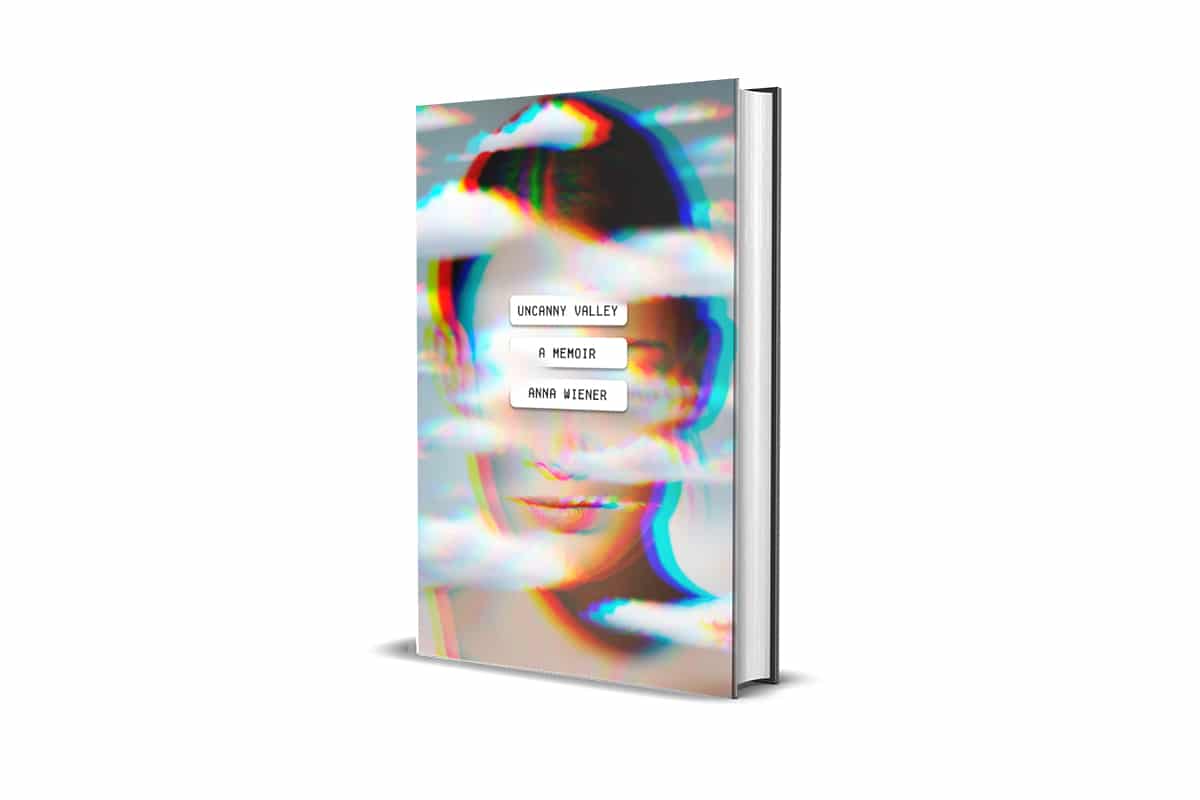

Through her story, we begin to perceive how much tech owes its power, and the problems that come with it, to contented ignorance. Complicity is Wiener’s theme, and her method: She’s an acute observer of tech’s shortcomings, but she’s especially good at conveying the mind of a subject whose chief desire is to not know too much. Wiener is our guide to a realm whose denizens have been as in thrall to a dizzying sense of momentum as consumers have been. a different sort of Silicon Valley narrative, a literary-minded outsider’s insider account of an insulated world that isn’t as insular or distinctive as it and we assume. But the real strength of Uncanny Valley comes from her careful parsing of the complex motivations and implications that fortify this new surreality at every level, from the individual body to the body politic. Wiener deploys this strategy liberally, with adroit specificity and arch timing. All you have to do after that is juxtapose them with the effects of the city’s rocket-ship rents: a once-lively counterculture gasping for air and a 'concentration of public pain' shameful and shocking even to a native New Yorker. It’s possible to create a realistic portrait of contemporary San Francisco by simply listing all the harebrained new-money antics and 'mindful' hippie-redux principles that flourish there.


Luckily, the tech industry controls the means of production for excuses to justify a fascination with its shiny surfaces and twisted logic. Wiener frequently emphasizes that, at the time, she didn’t realize all these buoyant 25-year-olds in performance outerwear were leading mankind down a treacherous path. Wiener was, and maybe still is, one of us far from seeking to disabuse civic-minded techno-skeptics of our views, she is here to fill out our worst-case scenarios with shrewd insight and literary detail.


 0 kommentar(er)
0 kommentar(er)
